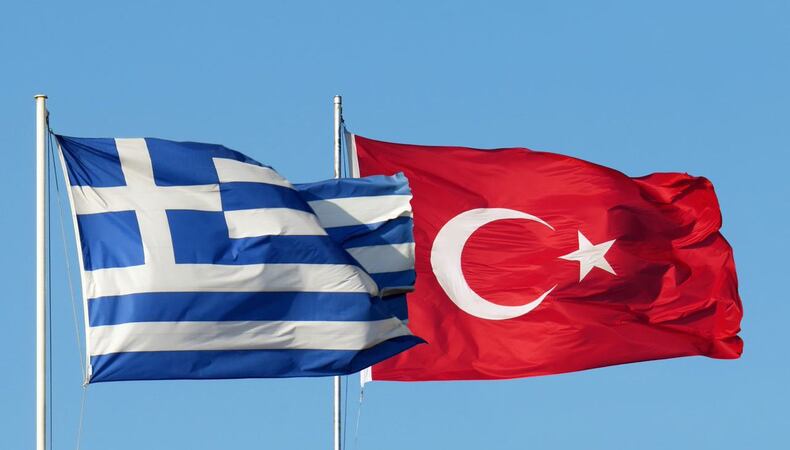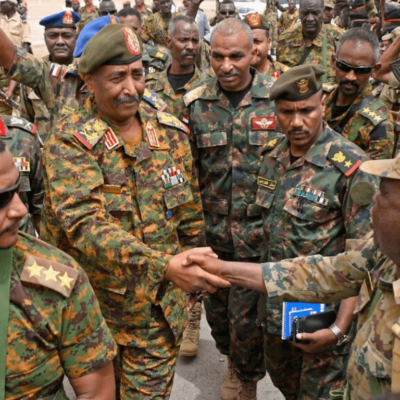Greece and Turkey to Explore Talks on Maritime Zones Amid Renewed Diplomatic Efforts

Two neighbors with a long history of conflict, Greece and Turkey, have moved toward perhaps addressing one of their most divisive concerns: the delineation of their maritime zones. Greece’s foreign ministry said on Wednesday that both countries are looking at starting negotiations to specify their respective maritime borders. Long at the core of conflicts between the two NATO members, this problem shapes their claims on territorial rights and natural resources.
Long-standing conflicts and historical tensions
Though they both belong to NATO, Greece and Turkey have been at conflict for decades over a variety of problems, including airspace conflicts, territorial boundaries, and the status of Cyprus, which stays ethically split. Still, one of the most important sources of conflict is the eastern Mediterranean, where both nations have overlapping claims to marine sovereignty. Apart from sovereignty, these areas are essential for control over possible gas reserves and upcoming initiatives on energy infrastructure. Clarifying the boundaries of their own exclusive economic zones (EEZ) and continental shelf would have major effects on the geopolitical and economic policies of both nations.
Reducing Tensions and Revived Diplomatic Efforts
Tensions between the two countries have clearly eased in recent times. Greece and Turkey agreed last year to reset their bilateral relations following a particularly explosive time, therefore indicating their readiness to confront the fundamental problems separating them. A key first step towards stopping more conflict escalation, both sides promised to keep open lines of contact.
Greek Prime Minister Kyriakos Mitsotakis and Turkish President Tayyip Erdogan convened a major conference on Tuesday, the margins of the United Nations General Assembly in New York, where this revived diplomatic momentum gathered. Both leaders committed to strengthening bilateral relations and assigned their foreign ministers to investigate the prospect of starting negotiations on demarcation of their maritime zones during their talks.
Greek Foreign Minister George Gerapetritis underlined that the two leaders gave the ministers instructions to evaluate whether the circumstances fit starting official talks on the continental shelf and exclusive economic zones. These territories are essential for defining rights over possible natural gas reserves and choosing energy infrastructure projects, which, if managed cooperatively, might help both countries.
Greece and Turkey will try to get ready for a high-level conference set for Ankara in January in the next months. Particularly if it results in real improvement on one of the most delicate problems between the two nations, this forthcoming conference might mark a turning point in their diplomatic relationship. The Greek prime minister’s office claims that this preparatory period will entail meticulous conversations between foreign ministers, entrusted with setting the foundation for next talks.
Although official discussions on marine demarcation are yet to take place, the recent thaw in relations between Greece and Turkey is a positive indication. Resolving their problems will benefit both countries greatly, especially in relation to the energy riches of the eastern Mediterranean. Should they be able to come to an understanding, it might open the path for more collaboration in other spheres and maybe help to lower tensions over the long run.
More general consequences regarding regional stability
Apart from their bilateral relationship, the possibility of settling the maritime conflicts between Greece and Turkey has great importance for eastern Mediterranean regional stability. With many nations fighting for control of rich gas supplies, the area has become a flashpoint for many geopolitical conflicts. An official agreement between Greece and Turkey might establish a standard for diplomatic handling of such conflicts instead of aggressive ones.
Furthermore, better ties between the two countries could help NATO to remain cohesive since historical animosity between Greece and Turkey has often hampered the internal dynamics of the alliance. Both nations are important players in the region, particularly in areas of security and defense, so their capacity to collaborate on important problems might have significant effects on the stability of the eastern Mediterranean and beyond.
All things considered, even if major obstacles still exist, Greece’s and Turkey’s choice to investigate the prospect of negotiations on demarcating respective maritime zones marks a positive advance. High-level negotiations scheduled for January give hope that both sides may find a route to settle one of their longest-standing conflicts, therefore opening the stage for further regional peace and collaboration.




